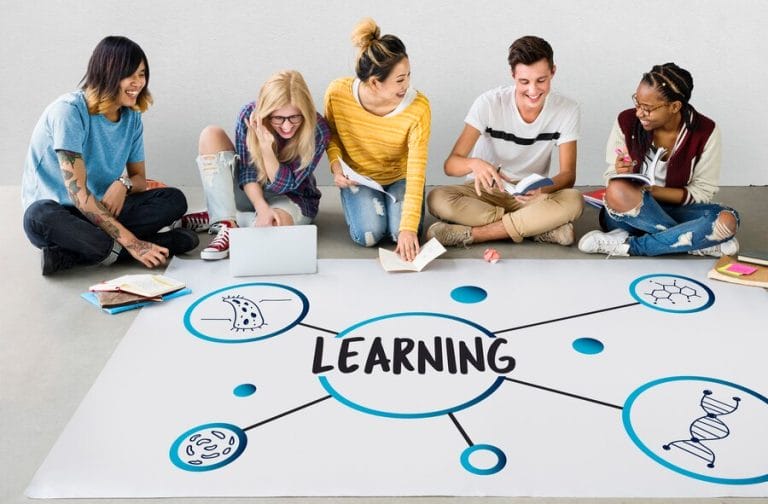Exploring ChatGPT: Revolutionizing Conversational AI
August 20, 2024 2024-08-19 21:32Exploring ChatGPT: Revolutionizing Conversational AI
ChatGPT, developed by OpenAI, represents a significant leap in the world of artificial intelligence (AI) and natural language processing (NLP). As an AI language model, ChatGPT is designed to understand and generate human-like text based on the input it receives. It has gained widespread attention for its ability to engage in conversations, assist with tasks, and provide insights across various fields. But what exactly is ChatGPT, and why is it making such an impact?
The Foundation of ChatGPT
ChatGPT is built on the GPT (Generative Pre-trained Transformer) architecture, which is a type of deep learning model. GPT models are trained on vast amounts of text data, enabling them to learn the intricacies of human language, including grammar, context, and even nuances like tone and sentiment. The “pre-trained” aspect means that the model has been exposed to a wide range of text before being fine-tuned for specific tasks.
The version of GPT that powers ChatGPT has undergone multiple iterations, each improving its ability to generate coherent and contextually appropriate responses. This training allows ChatGPT to generate text that is not only grammatically correct but also contextually relevant, making it a powerful tool for a wide range of applications.
Applications of ChatGPT
- Customer Support: One of the most prominent uses of ChatGPT is in customer service. Businesses can deploy AI chatbots powered by ChatGPT to handle customer inquiries, troubleshoot issues, and provide information around the clock. This not only improves efficiency but also enhances the customer experience.
- Content Creation: ChatGPT can assist in generating content, whether it’s drafting articles, creating marketing copy, or even writing creative stories. By providing a framework or prompt, users can leverage ChatGPT to brainstorm ideas or produce written material quickly and efficiently.
- Education and Tutoring: ChatGPT can serve as an educational tool, answering questions, explaining concepts, and even providing personalized learning experiences. It can help students with homework, guide them through complex subjects, and offer explanations in a way that’s easy to understand.
- Personal Assistants: As a virtual assistant, ChatGPT can help with scheduling, reminders, and organizing tasks. It can also assist with composing emails, setting up meetings, and providing quick information on various topics.
- Programming Assistance: For developers, ChatGPT can be a valuable resource for writing and debugging code. By understanding programming languages and logic, it can offer suggestions, fix errors, and even explain complex coding concepts.
Strengths and Limitations
While ChatGPT has many strengths, it also has limitations. One of its key strengths is its ability to generate text that feels human-like, making interactions with it more natural. It can adapt to different conversational styles and provide responses that are relevant to the context.
However, ChatGPT is not perfect. It can sometimes generate text that is plausible-sounding but factually incorrect or nonsensical. Because it lacks true understanding, it may provide answers that are confident but misleading. Additionally, it can struggle with complex or ambiguous queries, where a deeper level of reasoning is required.
Another limitation is its dependence on the data it was trained on. If certain biases exist in the training data, these can be reflected in the model’s responses. Developers are continuously working to address these issues, but it’s essential for users to be aware of these potential pitfalls.
The Future of ChatGPT and AI
The future of ChatGPT and similar AI models is incredibly promising. As technology advances, we can expect even more sophisticated versions that are better at understanding context, generating accurate information, and interacting with users in a meaningful way.
In the coming years, AI-powered tools like ChatGPT are likely to become even more integrated into our daily lives, transforming how we work, learn, and communicate. From improving healthcare delivery to enhancing creative processes, the possibilities are vast.
Conclusion
ChatGPT is more than just a chatbot—it’s a powerful tool that showcases the potential of AI in transforming communication and problem-solving. While it has its limitations, its applications are vast and varied, making it an essential resource in numerous industries. As AI technology continues to evolve, ChatGPT is poised to play an increasingly important role in shaping the future of human-AI interaction.
Related Posts
Exploring ChatGPT: Revolutionizing Conversational AI
August 20, 2024 2024-08-19 21:32Popular Tags





























